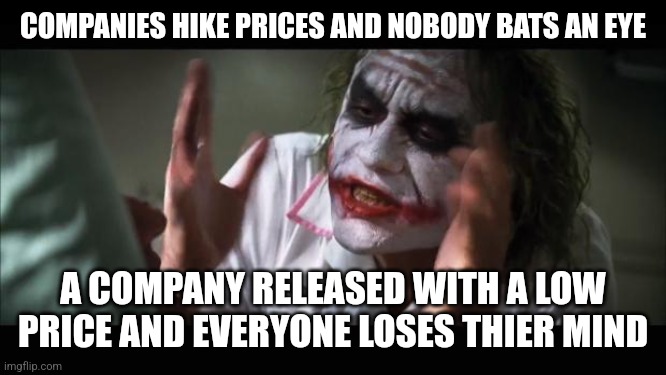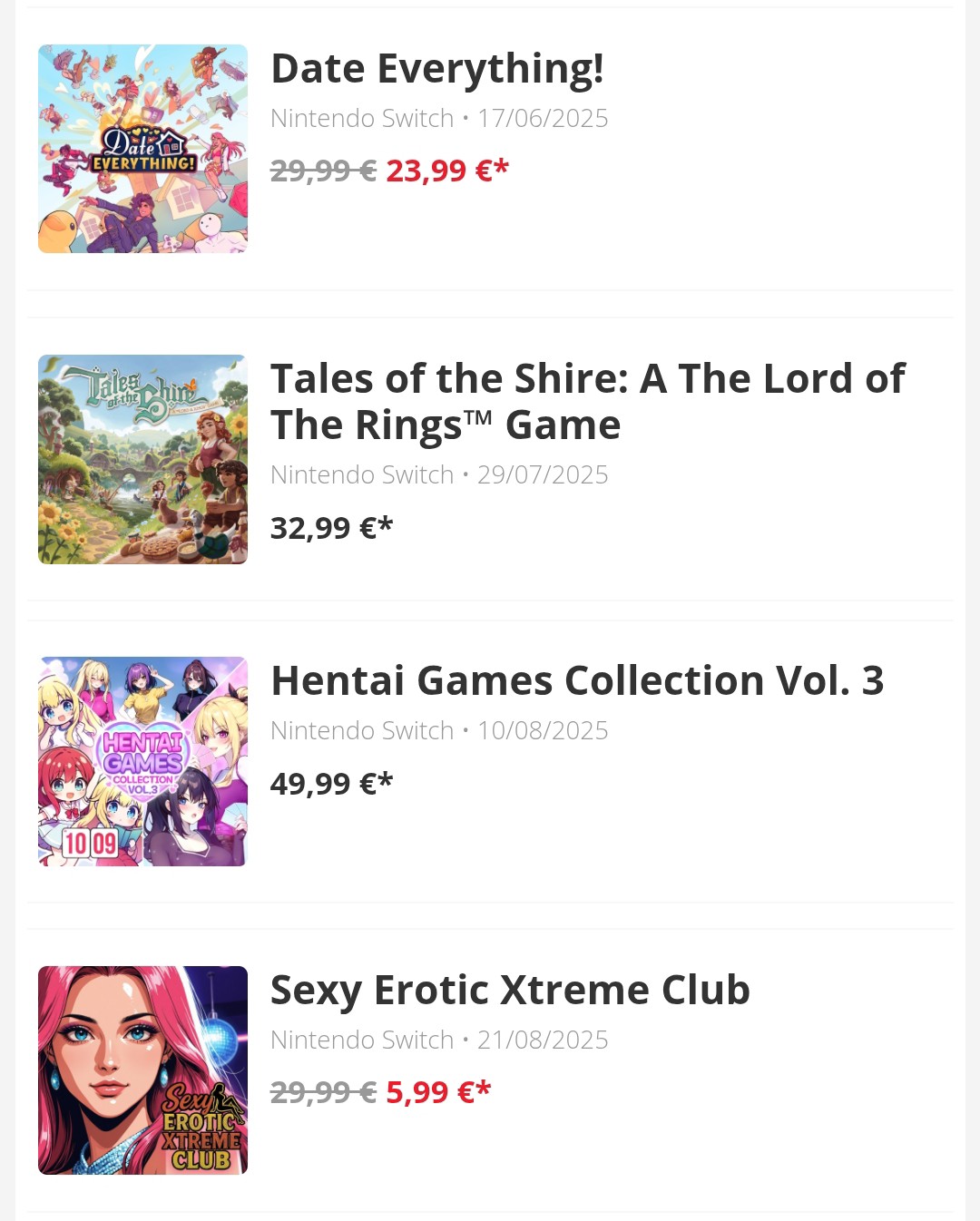Reizo Ryuu
Gold Member
Disclaimer, I don't visit or read Eurogamer, but my LinkedIn is mostly only games industry and someone posted this insane take which then someone replied to with the Eurogamer article:
Nothing on the game itself, but I do have feelings on short-notice-dropping the most anticipated indie - perhaps of all time thus far - and pricing it well under its market worth - both of which likely contribute to burying other indies for some time and is already affecting their bottom lines in marketing and business pivots.
This comment isn't really pro-consumer, I understand, but more pro-indie dev. No one company owes any other company anything, true, and no this isn't the first time it's happened in the indie space, but the seemingly head-in-the-sand mentality from a massively privileged position gives me a bit of ick in the current state of things in the industry.
Article: Here's a complaint I never thought I'd hear: Hollow Knight Silksong is too cheap. Team Cherry announced the $19.99/€19.99/¥2300 price alongside Silksong's 4th September release date (that's today!) only a couple of weeks ago. No other regional pricing was announced, such as how much it'll cost in the UK, but I expect we're looking at £19.99 because that's how these things usually settle here [EDIT: Silksong's price is now confirmed as £16.75 on Steam]. That price makes Silksong more expensive than Hollow Knight, which cost around £11-13 across various platforms, but not much more expensive, and it's nowhere near the £50-70 price associated with triple-A games. So, what's the problem? Apparently it's too little - too cheap. Scores of comments on Bluesky and X, in reaction to Silksong's date and price announcement, say as much. "Actually underpriced," said one user on Bluesky. "You guys are nuts for this at $20," said another. And, "You're going to spawn a week of discourse with that price announcement, you know that?" said another. Oops, ignore that last one.
But underneath the giddy excitement there is a more serious discussion happening. Comments from worried indie developers show there is concern about the knock-on effects a price like this could have.
"Silksong honestly should cost 40 bucks and I'm not even joking," posted developer RJ Lake, who worked as a composer on I Am Your Beast and is directing rhythm adventure Unbeatable. "I won't go as far as to say it's bad but it will have effects, and not all of those effects are good."
RJ believes Silksong's price will distort players' views about what a €20/$20 indie game can and perhaps should offer. Which other indie teams can afford to take several years to make a game, after all? Similarly, if they did take that long, which teams could afford to ask only $20/€20 upon release? Would it cover all that work? Not everyone has the diamond-encrusted safety net that Hollow Knight provides.
Theoretical concerns turned into real concerns not long after, when an indie developer who had been planning to charge $20 for their game took to X to ask people what they should charge now - now that Silksong was doing the same. "I can't afford to give it away for free," they - BastiArtGames, developer of Lone Fungus - said.
But the question remains: is Silksong too cheap? Perhaps a keener question to ask is how much the people I speak to would charge for it, were it their game. Van Lith's colleague Alisa Jefimova, a market analyst and expert in pricing, would charge €25, she tells me, to give room for a launch discount. Not that they need the attention of a discount, she adds. "It's gonna be popular no matter what," she says.
"They definitely could have gone $25," No More Robots' Mike Rose agrees, "but this way they are essentially cementing Silksong as being a gigantic success before it even launches, by making it a steal. So I don't think Team Cherry is wrong to go $20. If I had been pricing it personally, I would have been on the fence between $20 and $25. But given the state of the industry right now, it's very possible I would have also fallen on $20."




